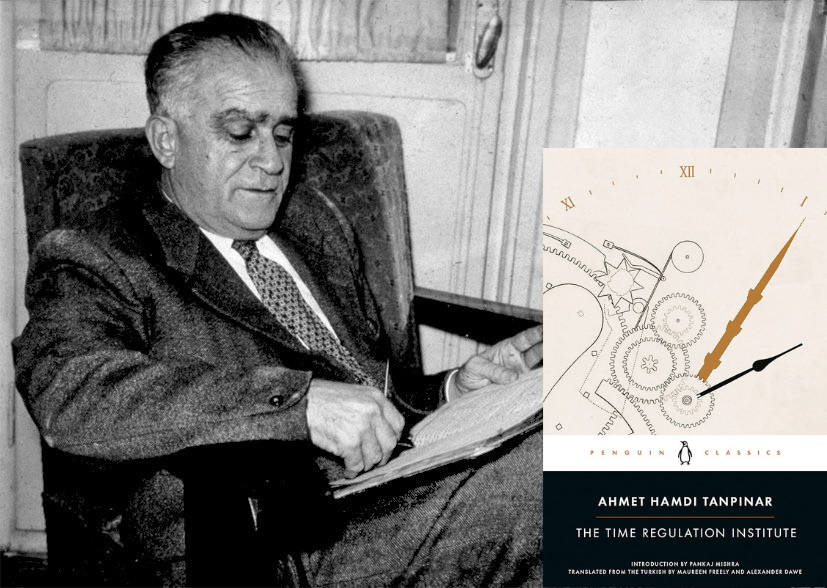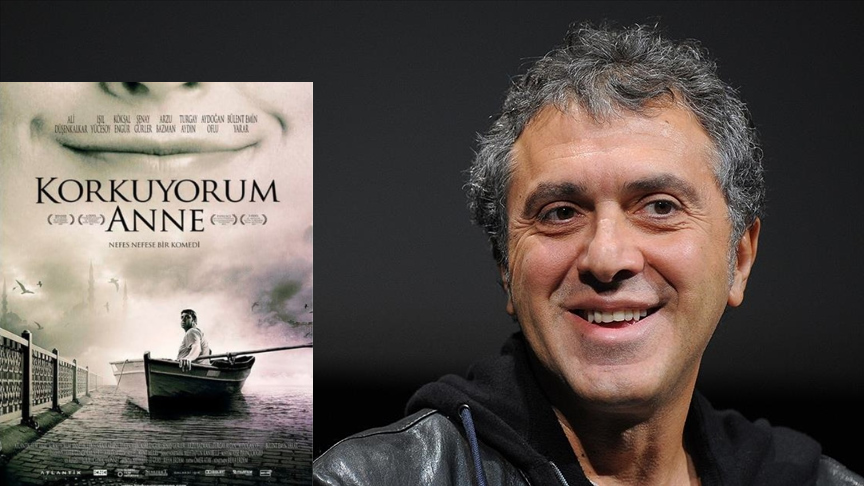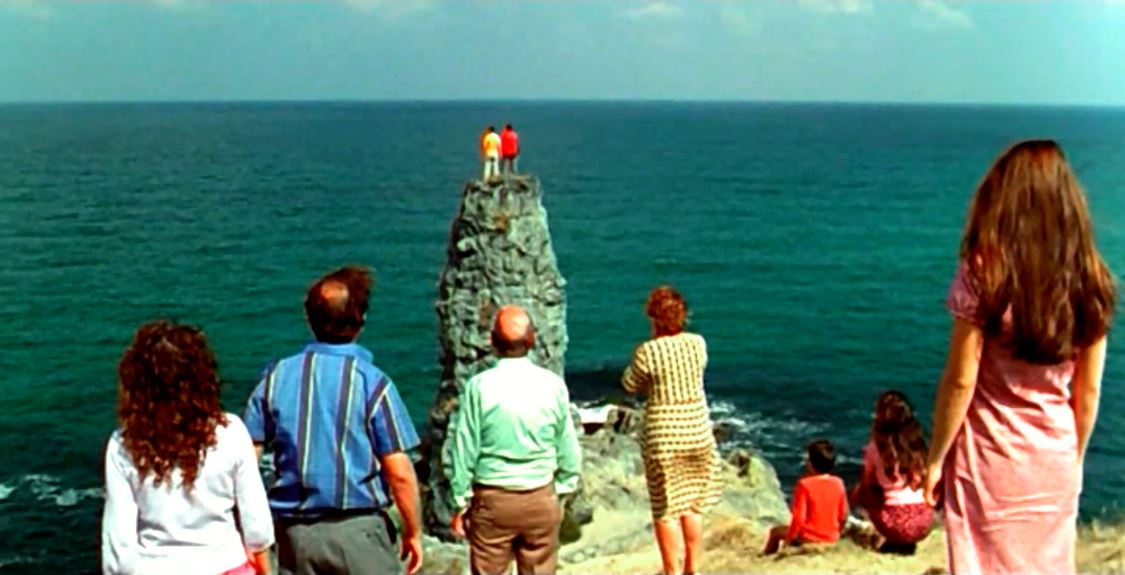Book & Film Review
This week, we will look at a novel by Ahmet Hamdi Tanpınar, one of the most important names in Turkish Literature, and a film by Reha Erdem, one of the original directors of Turkish Cinema.
The Time Regulation Institute – Ahmet Hamdi Tanpınar
In this column, we last examined Orhan Pamuk’s novel The Black Book together. Today, we examine Ahmet Hamdi Tanpınar’s novel The Time Regulation Institute, which he calls “the greatest Turkish novelist of the 20th century”.
Tanpınar is a big name. Each of his novels is different from the others and striking with his language and the characters he creates. This book comes with a high-humour element and a critique of the bureaucratic system and all kinds of thought systems. The book, first published in 1961, is among the modern classics that must be read today.
The book has a plot in which the memories of our protagonist Hayri İrdal are told through İrdal’s mouth. İrdal introduces himself as the deputy director of the hapless The Time Regulation Institute and the formerly famous and now wretched author of the book “The Life and Works of Ahmet the Timely”.
Irdal uses critical language when talking about himself and others. He often speaks of his ignorance and upstart; he does not hesitate to say that he finds the fame and wealth that he once had strange. However, as the novel progresses, Irdal turns into a pathetic and funny joke in the eyes of the reader, among all the things to criticize.
Irdal is an old man who owes his whole story to his interest in watches and clocks, and who is serious even though his whole life seems funny. Growing up under the shadow of a huge, heirloom wall clock, İrdal begins to work as an apprentice with Nuri Efendi, the clock repairman who is described as an old wise man.

Our protagonist, who is already interested in clocks, listens to and learns many things about time from Nuri Efendi. These teachings lead to the development of thoughts that will start the strangeness in Irdal’s life.
More precisely, the awkwardness begins when he shares these teachings with Halit Ayarcı, who will enter his life later. Halit Ayarcı says İrdal, “We’re losing half our time with unregulated clocks. If every person loses one second per hour, we lose a total of 18 million seconds in that hour. Now perform the calculations and see how many lifetimes suddenly slip away every year. Can you now see the immensity of Nuri Efendi’s mind, his genius? Thanks to his inspiration, we shall make up the loss.” This is how the Time Regulation Institute will be established.
In the book, the establishment of the Time Regulation Institute takes place halfway through the book. Until then, we read about the establishment of the institute and the people who entered İrdal’s life. The characters that entered İrdal’s life were not chosen by chance. Each becomes a critique of a system.
Tanpınar does not only aim to criticize order and bureaucracy. Every character throughout the book brings into it another sublime belief system that is ready to be vilified. Alchemy, spiritualism, psychoanalysis, politics, academic theorizing, Hollywood romance… Everything gets its share of Tanpınar’s humorous and quite justified criticism.
Tanpınar’s humour is driven by characters rather than language. Instead of joking, aside from some puns, he uses absurd situations where hypocrisy is evident.
What’s a Human Anyway – Reha Erdem
Reha Erdem is one of the directors that I find original and brave in recent Turkish Cinema, as he has tried many different genres and stories.
The director, who has proven in both drama and comedy, has subtle language that is not exaggerated in both genres. What’s a Human Anyway is one of the director’s films in the comedy genre.
However, it should be noted the movie does not contain the kind of comedy that will make your stomach ache from laughing or bring tears to your eyes. Maybe you don’t laugh out loud, but you smile a lot. The director aims to include the absurdities arising from the situation and the character, rather than creating an ordinary comic.
The 2004 film asks “What is a Human?” and “How is it different from a cow?”, to reveal our weakest points as human beings. The film manages to make us laugh and sad while looking for answers to its questions.

The film focuses on Ali who lost his memory after a suspicious accident, his relationship with his father, neighbours and friends, and approaches the events from an “anatomical”, “sociological” and “obsessive” perspective.
An authority figure of a father and Ali, who has been forced to be like his father since childhood, this is a ‘cute’ movie with its neighbours and its unique ue of Istanbul. The castration anxiety, laziness and ineptness of Ali, who was circumcised by his father, a retired health officer, make the film cute.
In the film, small everyday details about people are told through the eyes of a doctor, tailor, paramedic, taxi driver, a single mother and a young child living in the same apartment. These details provide a gentle and humorous transfer of the existential problems that people face from birth to death.
Erdem graduated from the Department of Cinema and Plastic Arts at the University of Paris, France. Although he is a director who has captured his own original language, the influence of French films can be seen from time to time, especially in his early films.
I think What’s A Human Anyway has a French breeze in its air. Especially the warm tones used in the film, the narration and the presentation of the characters make you feel this. However, this effect, far from diminishing the importance of the film, makes it much more enjoyable.
